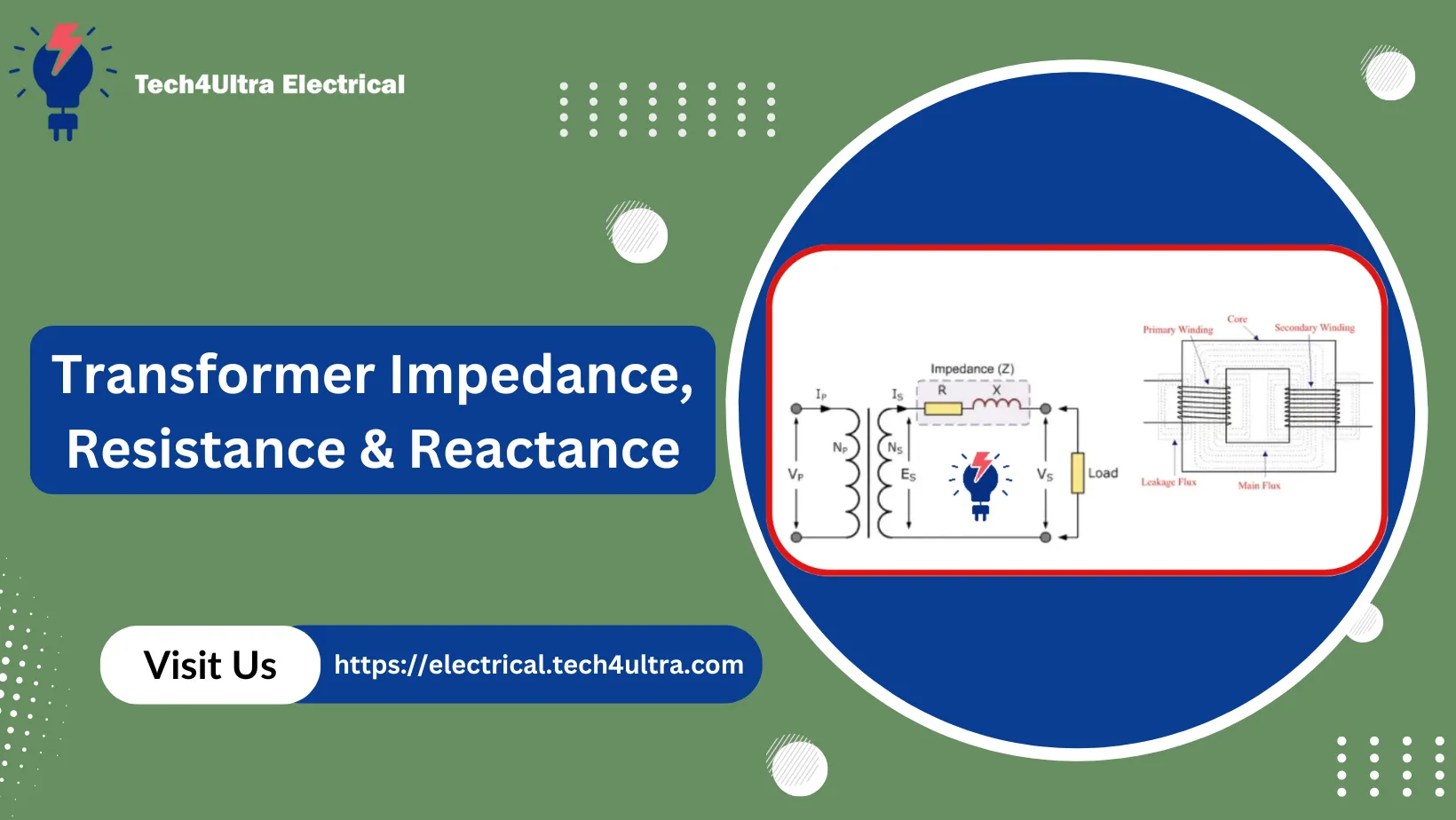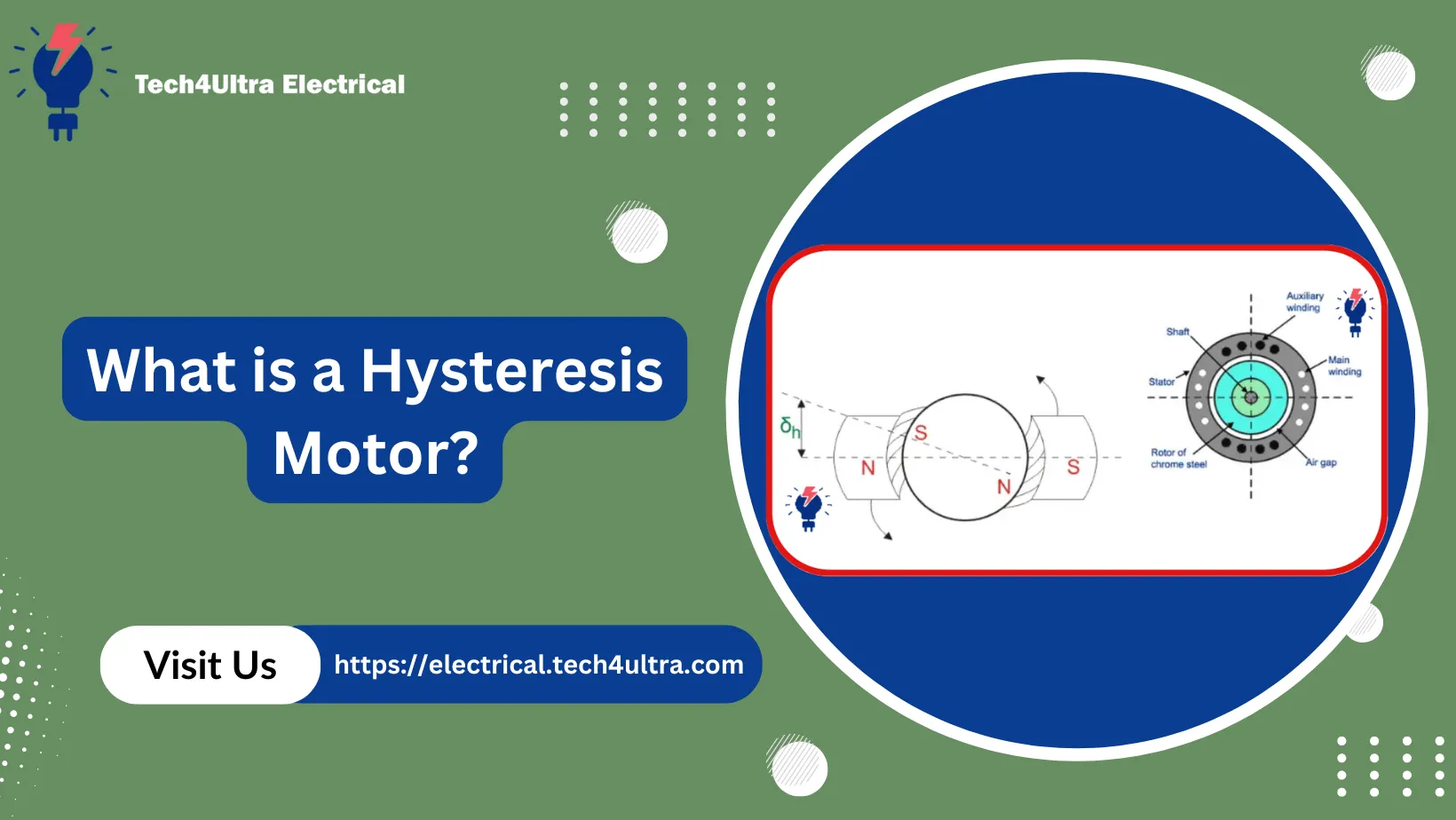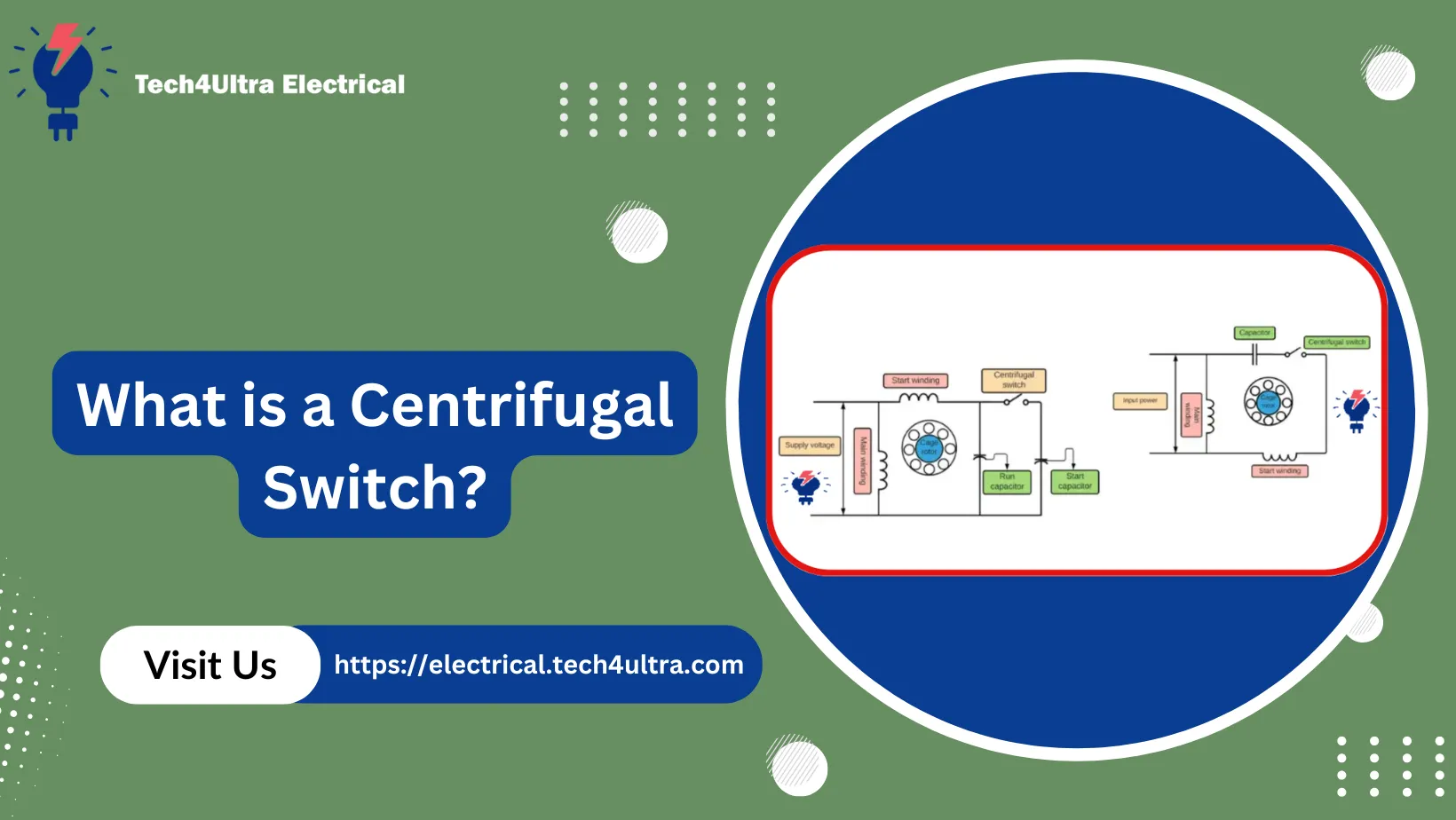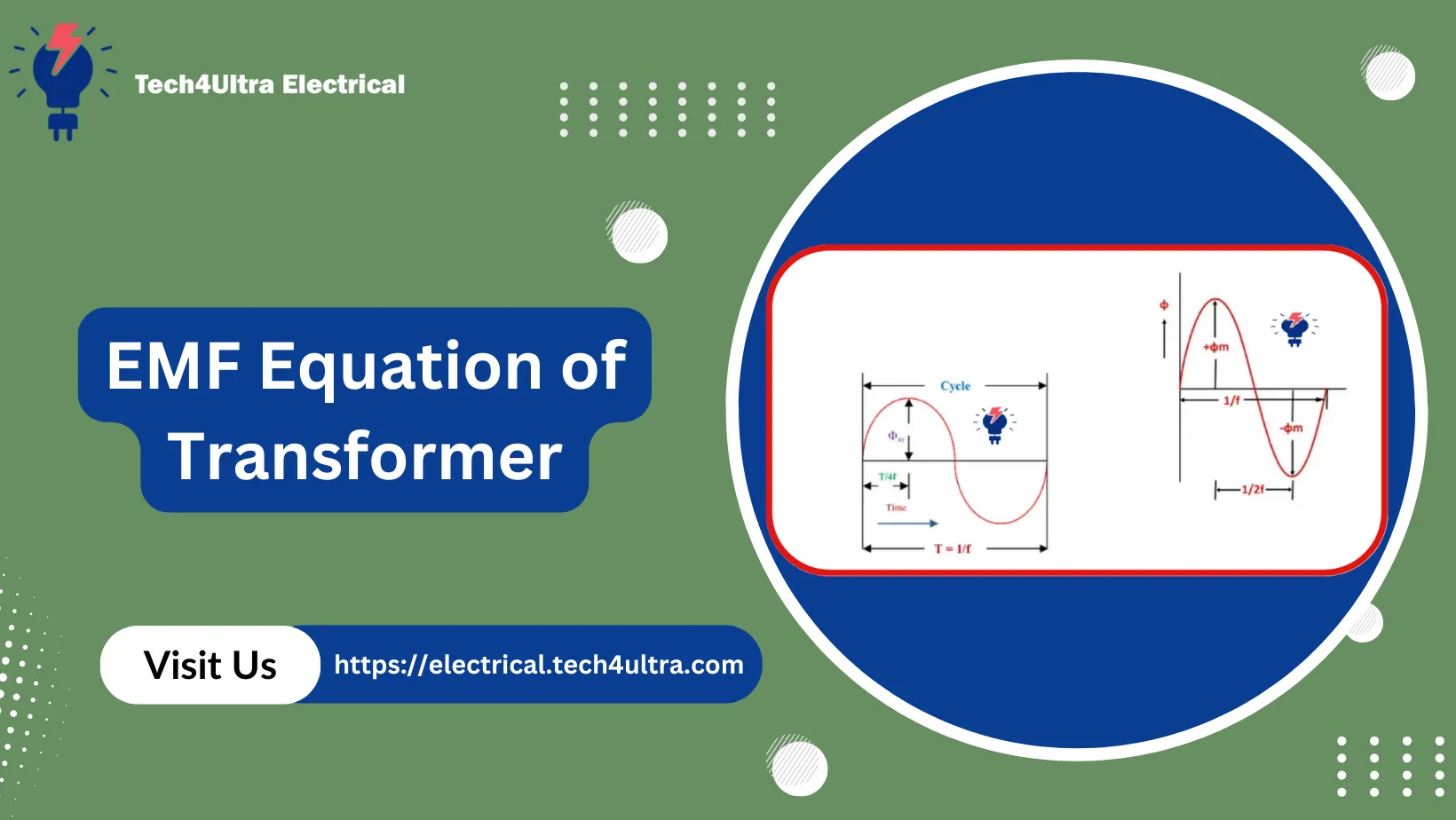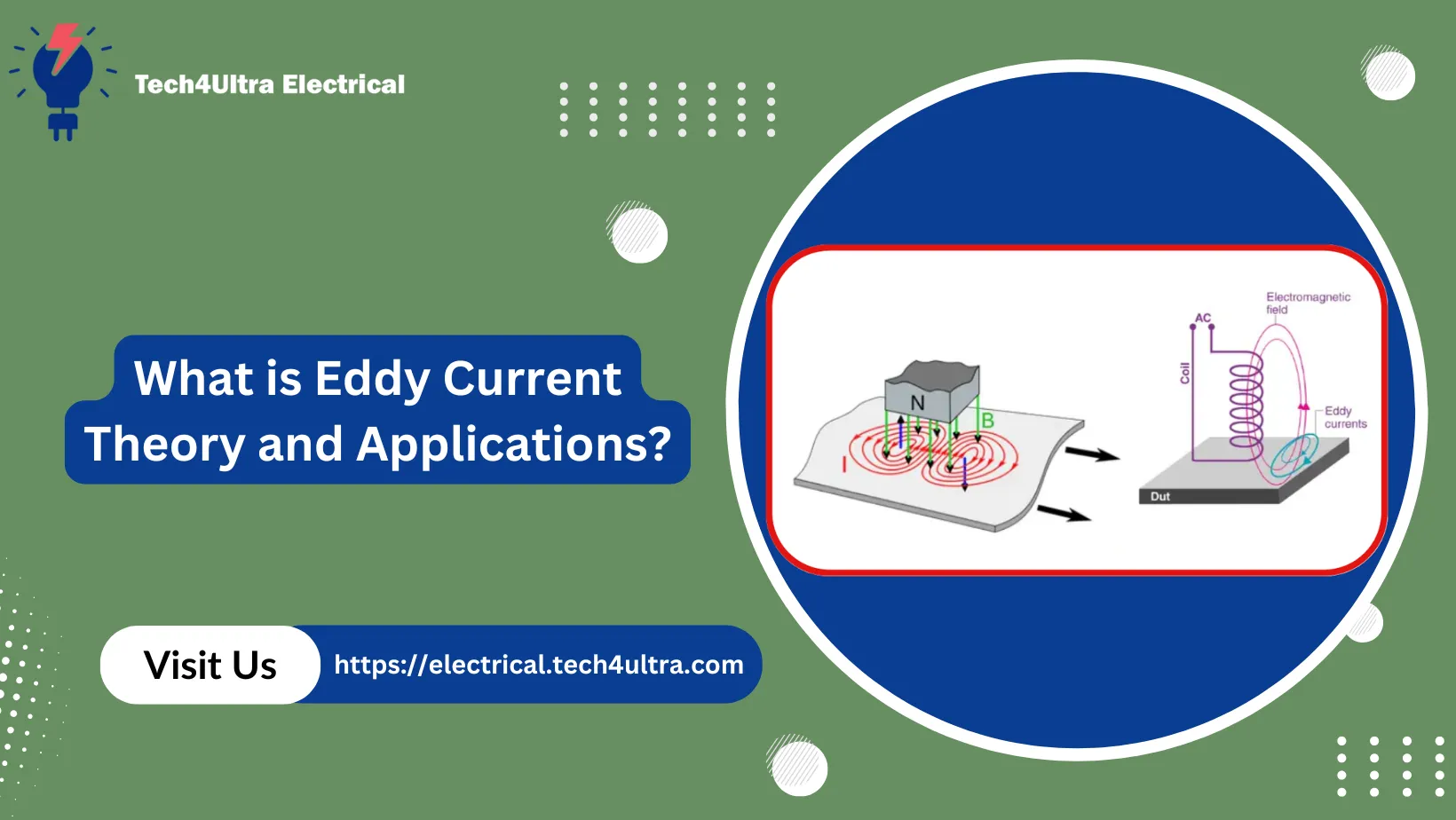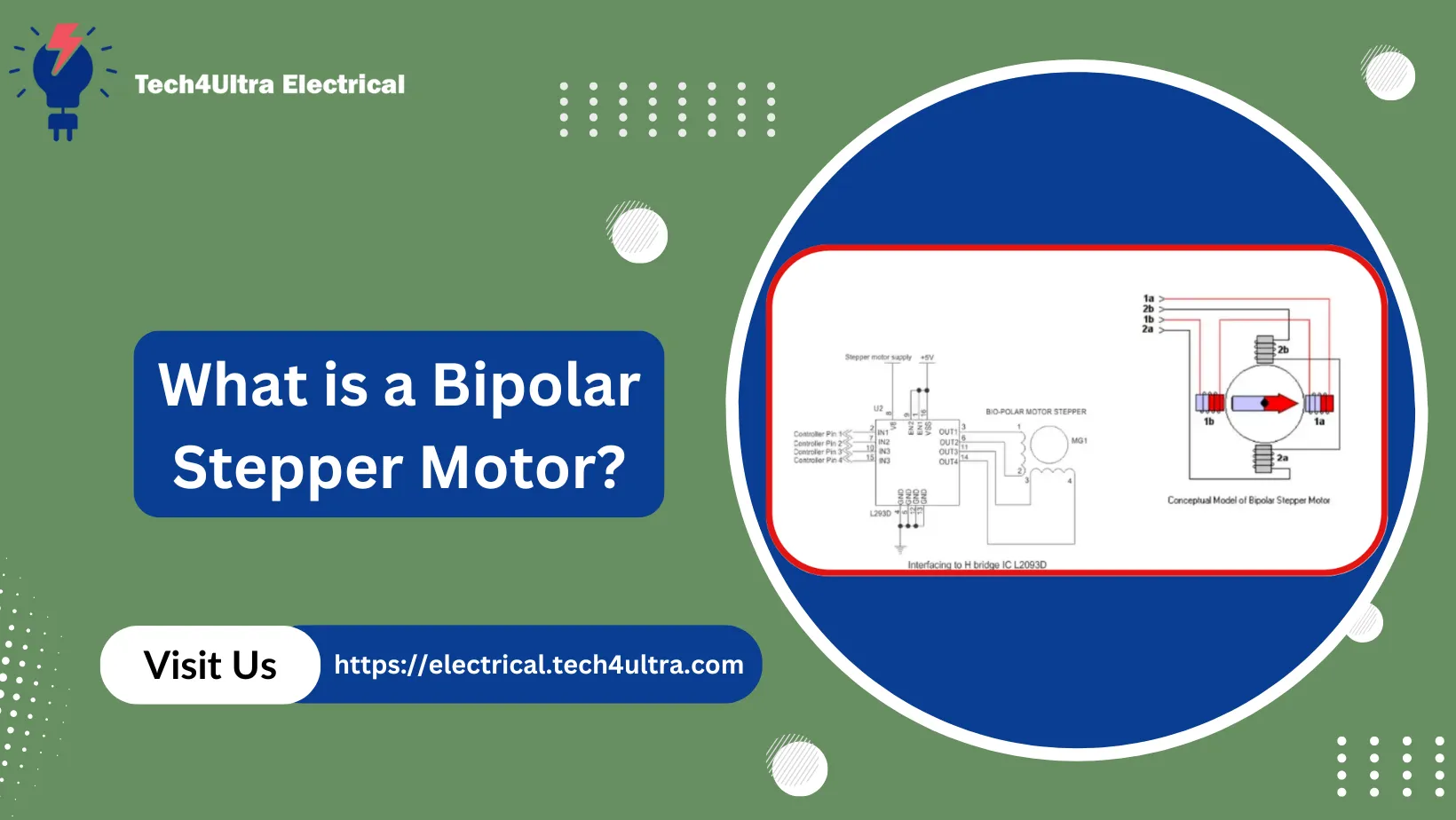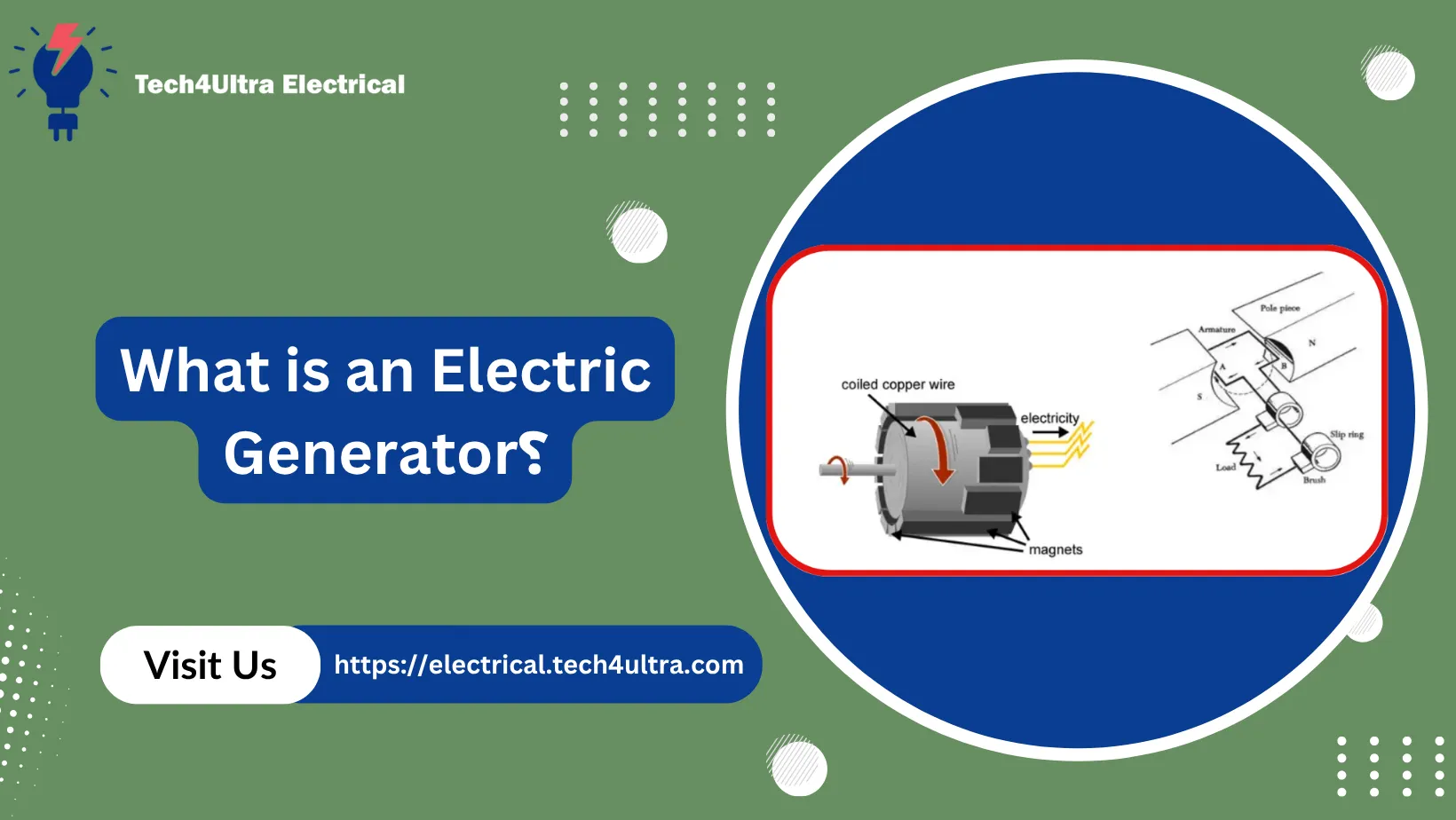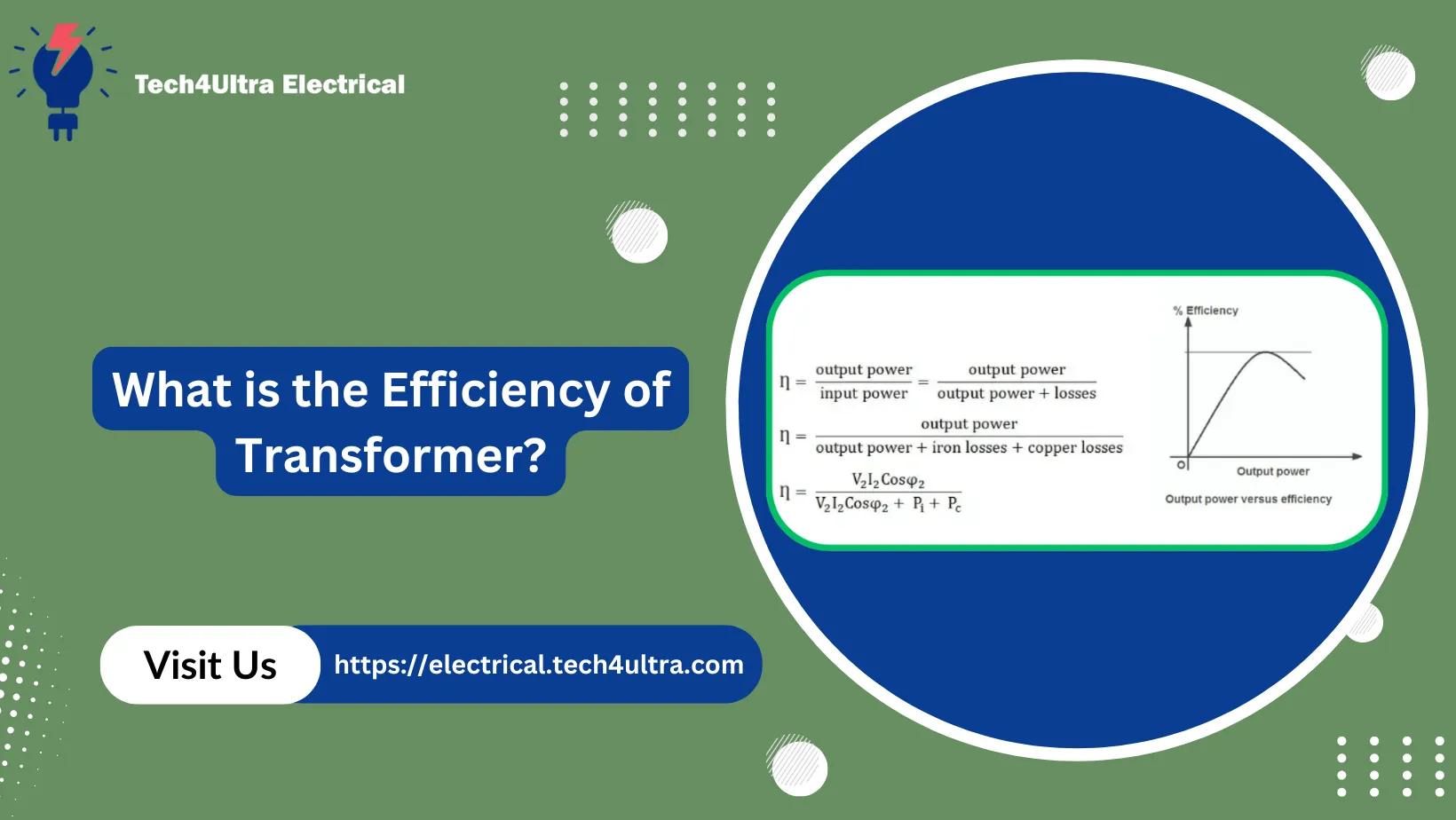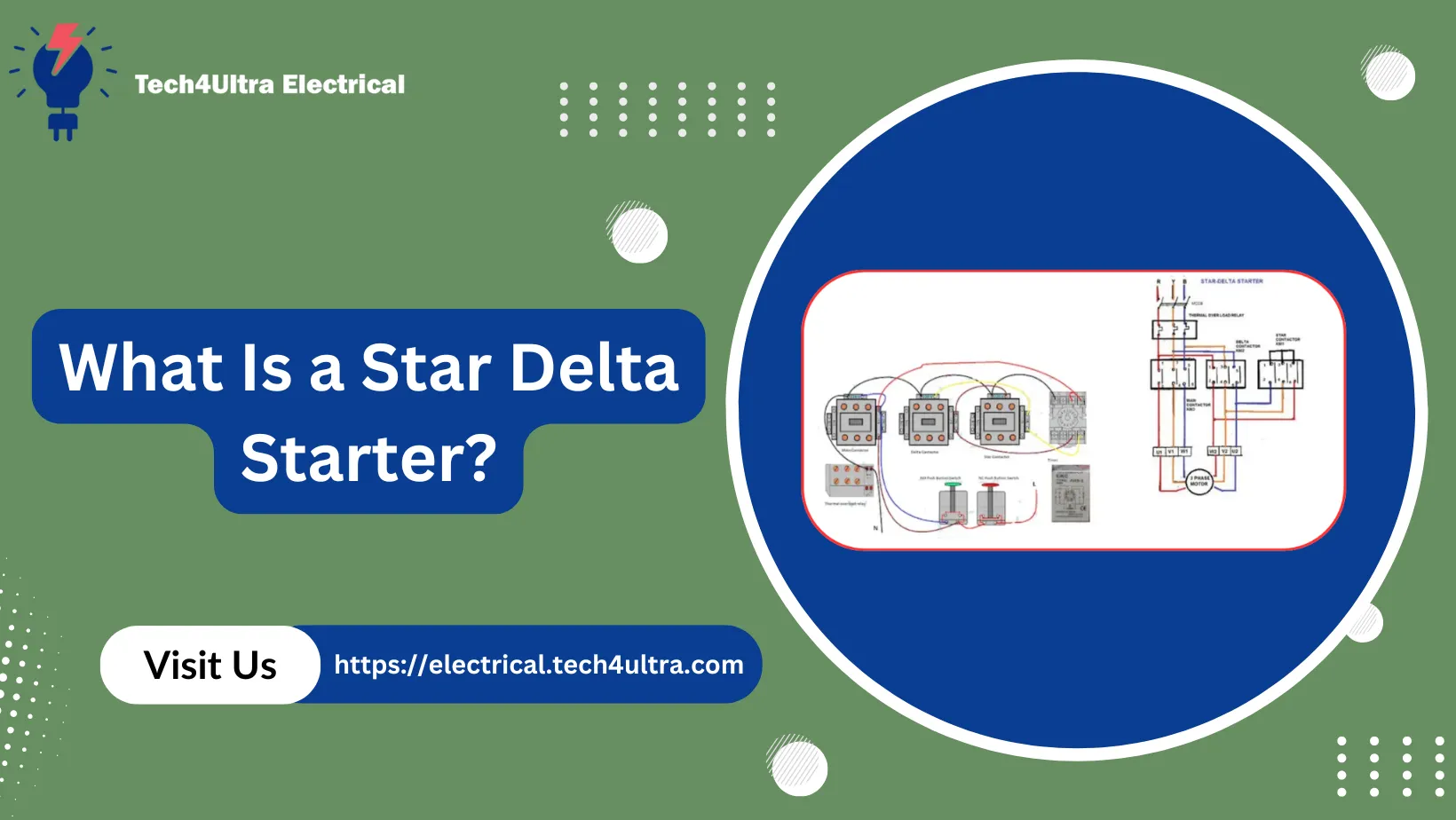Explore the Machines category for clear guides on electric motors, generators, and transformers. Learn working principles, types, and real-world applications.
Machines
Understanding Transformer Impedance: Resistance, Leakage Reactance, and Performance Impact
Do transformers transfer power with perfect efficiency? That’s a common misconception. In reality, every transformer experiences losses caused by internal factors like transformer impedance, leakage reactance, winding resistance, and transformer resistance. These hidden properties affect voltage regulation, power quality, and overall system performance. In this article on the Tech4Ultra Electrical website, I’ll walk you through what each
Hysteresis Motor Explained: How It Works and Where It’s Used
Do you think all electric motors work the same way? Think again. The truth is, different motors serve different purposes—and knowing the difference can save you time, money, and effort. In this article on the Tech4Ultra Electrical website, you’ll discover the key differences between a hysteresis motor, a synchronous motor, and a single-phase motor, and learn which
Armature in Electric Motors and Generators: Structure, Function, and Key Differences
Have you ever wondered what makes electric motors and generators perform so efficiently? The answer lies in a small but essential component called the armature. In this article on the Tech4Ultra Electrical website, you’ll discover the key role this part plays in the operation of electric motors and electric generators. We’ll break down how it works, why
Centrifugal Switch in Induction Motors: Working, Applications, and Troubleshooting Guide
Do you think all parts of an induction motor operate constantly? Here’s a surprising fact: one crucial component only works at startup and then switches off entirely—the centrifugal switch. This article on the Tech4Ultra Electrical website will help you understand the centrifugal switch definition, its vital role in an induction motor, and why even a minor issue
EMF Equation of Transformer Explained: Turns, Voltage, and Formula
Have you ever wondered why electrical devices don’t always receive the right voltage just by being plugged in? The issue isn’t always in the wiring — it’s often a misunderstanding of how electrical transformation works. In this article on the Tech4Ultra Electrical website, I’ll break down the EMF equation of transformer, and clarify how the transformer turns
Eddy Currents Explained: Theory, Applications, and Real-World Innovations
Have you ever wondered how an invisible electric current can detect cracks in metal or help elevators stop safely? Welcome to the world of eddy currents—a fascinating phenomenon that blends physics and real-world functionality. In this article on the Tech4Ultra Electrical website, I’ll break down the basics of eddy current theory and walk you through some of
Bipolar Stepper Motor: Working, Circuit, and Uses
Have you ever wondered how 3D printers, CNC machines, or robotic arms move with such precision? The answer lies in a powerful yet surprisingly simple device: the stepper motor—more specifically, the bipolar stepper motor. In this article on the Tech4Ultra Electrical website, you’ll discover everything you need to know about how stepper motors work, how to control
Electric Generator: How It Works, Types, and Complete Guide to Electromagnetic Induction
Ever confused an Electric Generator with an Alternator or a Dynamo? You’re not alone. Many people assume these devices are interchangeable, but each operates differently and serves a unique purpose. Without understanding their distinctions—and how they rely on Electromagnetic induction to generate EMF (Electromotive Force)—you could end up choosing the wrong one for your needs.
Transformer Efficiency Explained: Calculation, Losses, and Optimization Strategies
Ever wondered why your electricity bill seems a little too high, or why industrial equipment doesn’t always perform at its peak? The answer might lie in a concept called transformer efficiency. At its core, transformer efficiency refers to how effectively a transformer converts input electrical power into usable output power without unnecessary energy losses. Ideally,
Star Delta Starter: Comprehensive Guide to Working, Circuits, and Applications
Imagine trying to start a race car in fifth gear — it’s going to be rough, noisy, and might just damage the engine. That’s exactly what happens when you start a large electric motor directly at full voltage. This is where electric motor starters come into play. They’re like the clutch and gears of your

